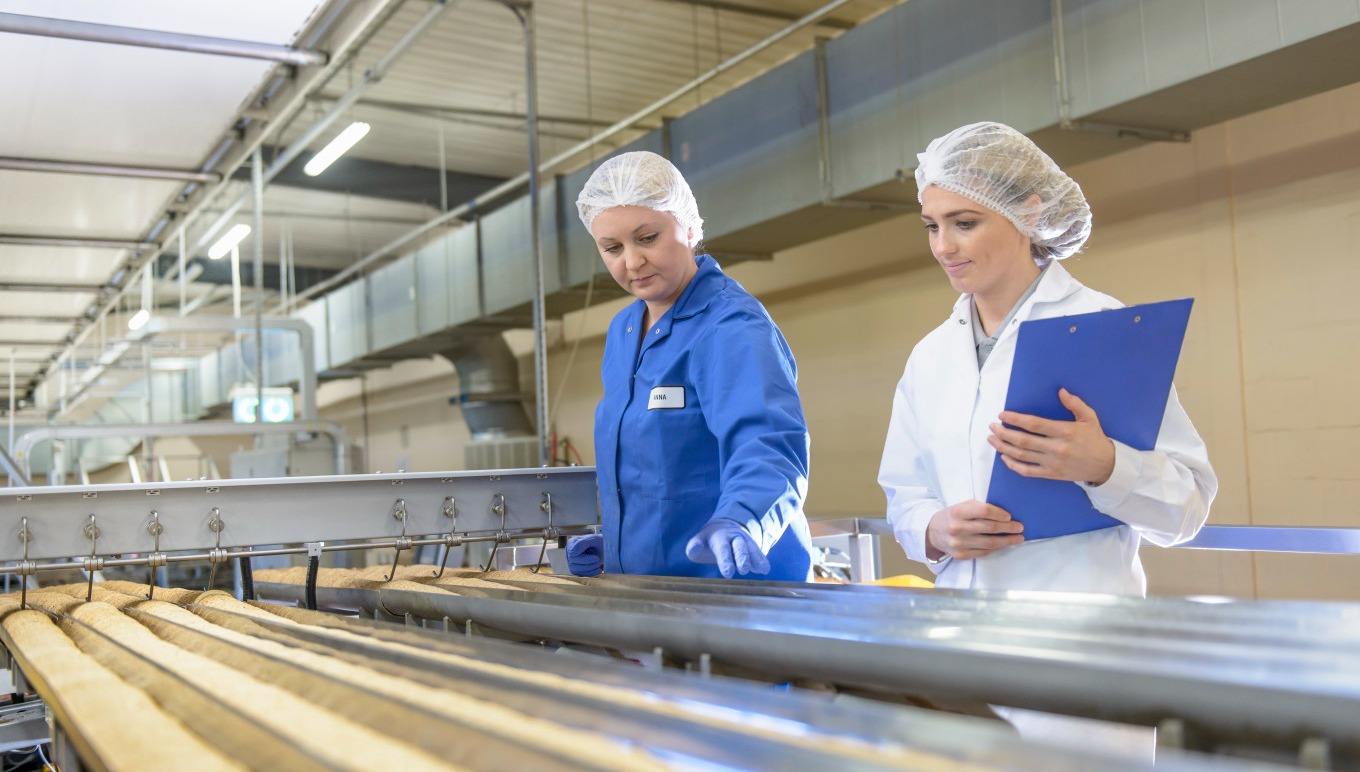In today's conscientious consumer landscape, the need for fairly sourced as well as sustainable items has actually risen. Private label food manufacturers have emerged as pioneers in this domain, commonly teaming up with agreement food manufacturers to spearhead sustainability as well as responsible sourcing efforts. With an undaunted dedication to ecological principles, exclusive label brand names have actually made it their goal to supply sustainable, premium choices to consumers.
Private Label Food Manufacturers
In recent years, private label food manufacturers, likewise referred to as own brand names or shop brand names, have witnessed an amazing surge in popularity. These suppliers generate goods sold under the logo design of a retailer, grocer, or private entity. What sets private-label items apart is their capability to provide affordable pricing without jeopardizing on high quality.
Contract Food Manufacturers
Several private-label food producers join forces with agreement producers to establish their product. Contract food makers are specialists in creating foodstuff for exclusive tags. This strategic collaboration enables personal label firms to use the knowledge, sources, and devoted food manufacturing centers of their collaborators.
Sustainability at the Core
Private label food manufacturers utilize different techniques to boost sustainability within their supply networks:
Ethical Sourcing:
Exclusive label firms are increasingly committed to sourcing components according to moral and fair profession standards. This requires making sure that manufacturers and also workers of resources, such as coffee beans, seasonings, or cacao, receive fair compensation for their efforts.
Neighborhood Sourcing:
Prioritizing neighborhood sourcing of ingredients is another characteristic of private-label food makers. This not just reduces the carbon impact related to transportation yet also supports neighborhood farmers and communities.
Organic Ingredients:
With the organic food market rising, exclusive tags are reacting by incorporating natural components right into their product lines. Organic farming practices prioritize dirt health and wellness while eschewing synthetic chemicals and also fertilizers.
Lasting Fish and shellfish:
Private Label Food Manufacturers are attentive in guaranteeing that the seafood they utilize is sustainably gathered, sticking to guidelines established by companies like the Marine Stewardship Council, which advertises responsible fishing.
Reduced Food Waste:
Personal label business are proactively working with reducing food waste by implementing effective manufacturing processes and establishing products with longer shelf lives. Some brands are likewise partnering with food rescue organizations to contribute excess food to those in need.
Eco-Friendly Product Packaging as well as Initiatives
Sustainability initiatives by private-label food manufacturers expand beyond sourcing ingredients to include product packaging and also eco-friendly initiatives:
Sustainable Packaging:
Exclusive label brand names have accepted green product packaging options, consisting of recyclable, naturally degradable, or compostable products. Upgrading packaging to lessen excess product and lower ecological influence is a leading priority.
Waste Reduction:
To lessen wastage, private-label food makers enhance item dimensions, lower excess packaging, as well as explore ingenious product packaging options. Some brands even encourage customers to join recycling programs.
Power Efficiency:
Numerous private label manufacturers are investing in more energy-efficient production plants, decreasing water use, and adopting renewable resource sources to even more reduce their ecological footprint.

Carbon Neutral Initiatives:
Some private brand name food manufacturers are taking ambitious actions to accomplish carbon neutrality by countering their greenhouse gas exhausts through reforestation tasks and renewable energy credit scores.
Obstacles as well as the Road Ahead
Regardless of the considerable strides made in sustainability and liable private label snack food manufacturers sourcing, private-label food manufacturers face obstacles. Balancing sustainability with cost-effectiveness can be a delicate act, sometimes requiring concessions on lasting ingredients or the expedition of environmentally friendly options.
However, the future of private-label food manufacturing holds excellent guarantee. As consumer understanding and demand for sustainable products remain to rise, private-label brand names as well as their agreement food manufacturing partners are most likely to intensify their initiatives. Cooperation with vendors and investment in sustainable technological advancements and openness will be crucial fit a sustainable future for the sector.
Regularly Asked Inquiries
Q1: What are private label food manufacturers?
Private label food manufacturers produce products marketed under the logo design of a store, grocer, or personal entity. They provide competitively valued products without endangering on quality.

Q2: Exactly how do private label food manufacturers promote sustainability?
Private label food manufacturers promote sustainability through honest sourcing, local active ingredient procurement, the use of natural active ingredients, sustainable fish and shellfish methods, and also initiatives to reduce food waste.
Q3: What environmentally friendly packaging choices do private label brand names make use of?
Exclusive label brand names take on green product packaging choices such as recyclable, eco-friendly, or compostable products. They likewise redesign packaging to decrease excess material as well as reduce environmental effect.
Q4: What challenges do private label food manufacturers deal with in sustainability initiatives?
Stabilizing sustainability with cost-effectiveness is a major obstacle for private label food manufacturers. This may need concessions on lasting components or the expedition of green alternatives.
Conclusion
Private label food manufacturers are at the center of the sustainability as well as liable sourcing motion within the food sector. Their dedication to honest sourcing, local purchase, natural ingredients, as well as lasting methods, as well as their commitment to environmentally friendly product packaging and waste decrease initiatives, show their resolution to fulfill the demands these days's eco-conscious consumers.
Despite the challenges they deal with, private label food manufacturers are positioned for an encouraging future. With customers significantly prioritizing sustainability, the industry is most likely to witness even greater cooperation with suppliers, financial investment in lasting innovations, and a dedication to transparency. As we progress, private label food manufacturers will continue to play an important function fit an extra sustainable and also moral food landscape for all.